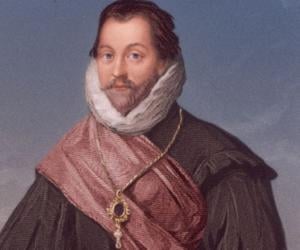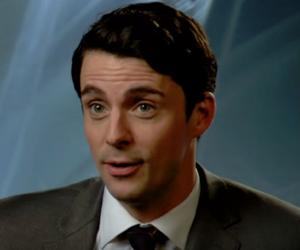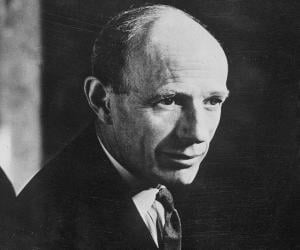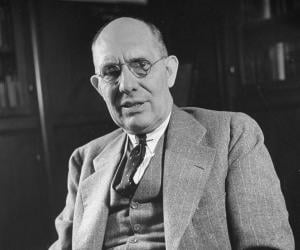Francis Drake was an English explorer and naval officer. He is remembered for his Raiding Expedition, a prominent historical maritime event which unfolded between 1577 and 1580. Although Drake is considered a hero in the United Kingdom, his privateering led the Spanish to refer to him as a pirate. His expedition has also had a major cultural impact in Britain.
Matthew Goode is an English actor who played an important role in the success of the TV show A Discovery of Witches, which is an adaptation of Deborah Harkness' All Souls trilogy. During its initial run, the series performed consistently as Sky One network's most-watched show, thanks to Goode's portrayal of a molecular biologist and vampire named Matthew Clairmont.

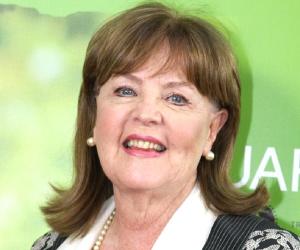


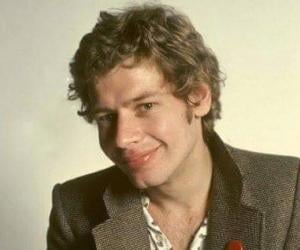
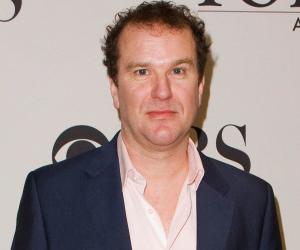
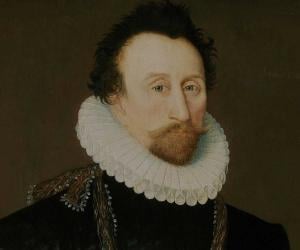
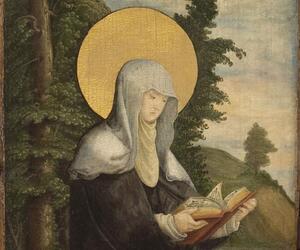

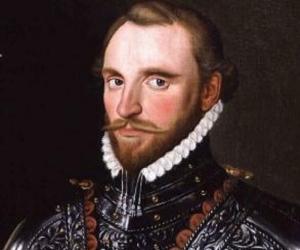
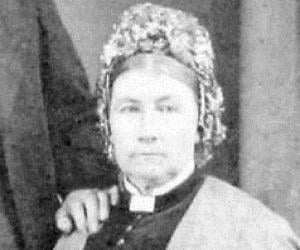
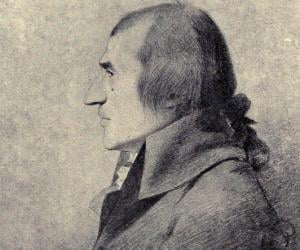
James Rennell was an English historian and geographer. A pioneer of oceanography, Rennell is often referred to as the Father of Oceanography. Rennell, who served as a Surveyor General of Bengal, India, is credited with producing some of the earliest accurate maps of Bengal. James Rennell is also credited with co-founding the Royal Geographical Society in London in 1830.
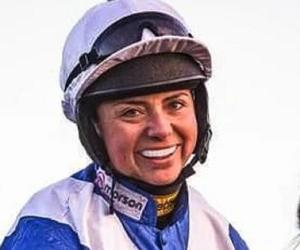
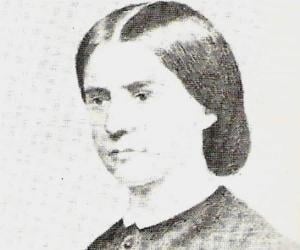
Constance Kent was an English woman who murdered her half-brother, Francis Saville Kent. She was only 16 years old when she killed her three-year-old half-brother. The murder inspired several works of art, including films and novels.
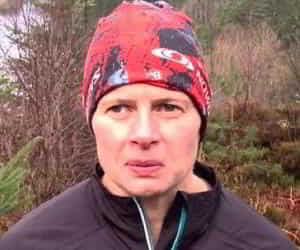
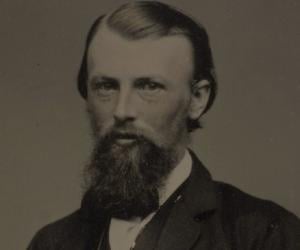

Eleanor Coade was a British businesswoman known for her astute entrepreneurial, business, and marketing skills. She manufactured Neoclassical statues, architectural decorations, and garden ornaments. She created stoneware for many famous buildings, including St George's Chapel, The Royal Pavilion, Brighton, and Carlton House. She was one of the few women to run a highly successful business in the Georgian era.
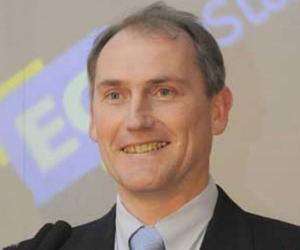
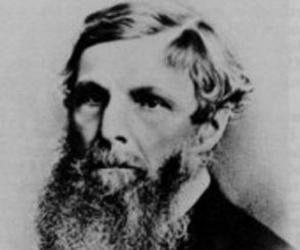
British engineer and naval architect William Froude made significant contributions to the field of hydrodynamics. He revolutionized ship design by working on a method of studying scale models. He thus became the first person to devise laws that explained the resistance offered to ships by water.
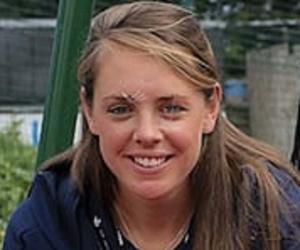
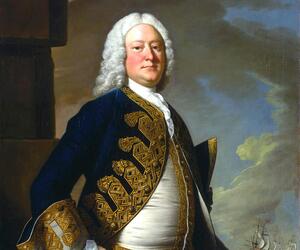
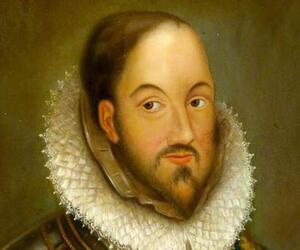
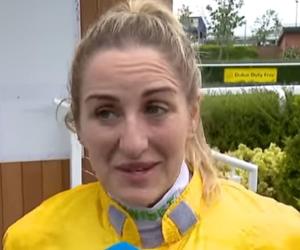
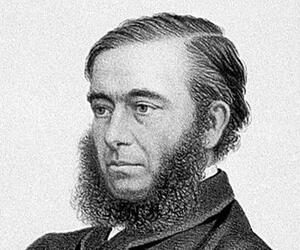
English epidemiologist William Budd was the first to find out that water was a source of typhoid fever, by linking deaths due to the disease to the lemonade that the victims had consumed at an inn party. His studies also put a stamp on the theory that infectious diseases were contagious.
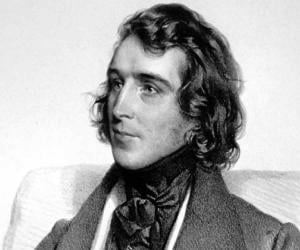
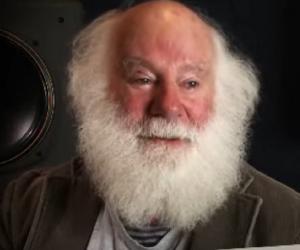


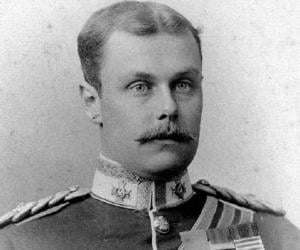
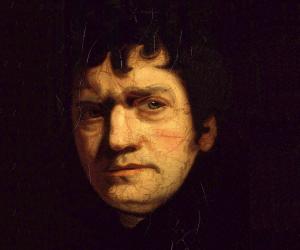
The son of a clergyman, Charles Kingsley later formed the Christian Socialist movement. Remembered for penning children’s fiction such as The Water-Babies, he had also written socially relevant and historical novels. He had also been a professor at the University of Cambridge and a private tutor of Edward VII.
